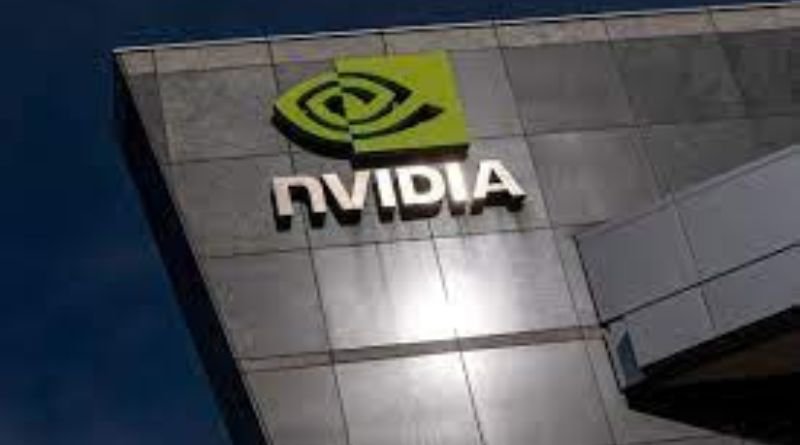Nvidia’s recently announced breach might help cybercriminals run malware campaigns, as it could give them access to the company’s ‘secure’ data and tools for encrypting sensitive information and making malware more difficult to detect and remove. Nvidia said in early January that it suffered a security breach in which an unauthorized party accessed its servers and took data, including files related to its graphics card technology, which runs on Microsoft Windows, MacOS, Linux, Android and ChromeOS operating systems. The company added that it discovered the breach on January 8 and reported it to law enforcement agencies around the world.
How did the breach happen?
According to reports, Nvidia’s breach happened due to an exposed debug interface that was left open on some of its graphics cards. This interface allowed attackers to gain access to the cards’ internal memory, which they then used to plant malicious code. The code, in turn, allowed the attackers to take control of the affected computers and use them for a variety of nefarious purposes, such as mining cryptocurrency or launching attacks against other targets. What could happen?: It is possible that cybercriminals could take advantage of the data leaked by Nvidia’s breach and conduct their own campaigns to infect users with malware.
What happened?
Nvidia, a graphics processing unit (GPU) manufacturer, recently suffered a data breach that exposed the personal information of some of its customers. The information that was leaked includes names, addresses, phone numbers, and email addresses. While no financial information was leaked, this breach could still be used by cybercriminals to run malware campaigns. This is because the personal information that was leaked can be used to target individuals with phishing emails or other types of attacks. Additionally, any user who has accounts on services like PayPal or Amazon might be at risk of having their accounts hijacked. If you were one of the people whose information was leaked in the Nvidia breach, it would be prudent to change your passwords for these services as soon as possible in order to prevent any unauthorized access.
The worst is yet to come
The breach of Nvidia’s driver download website might have allowed cybercriminals to access sensitive information and plant malware on users’ computers. The attackers could use this information to target specific users and run large-scale malware campaigns. This is a serious security breach that could have far-reaching consequences. It would not be surprising if, in the next few weeks, we hear about major malware campaigns being executed with the help of this stolen data. As mentioned above, drivers are an essential part of any operating system. If drivers are infected with malware, it will affect all computer functions.
What can we learn from this situation?
This situation highlights the importance of data security, especially for companies that hold sensitive information. It also shows how cybercriminals can take advantage of breaches to further their own malicious agendas. Companies need to be proactive in protecting their data, and consumers need to be aware of the risks of sharing personal information online. We all have a responsibility to safeguard our data against cyberattacks by practicing good cybersecurity habits such as being vigilant with what we share on social media and not opening links from unknown sources.
How can I protect myself?
If you think you might be a victim of the Nvidia breach, the first thing you should do is change your password. You should also enable two-factor authentication if it’s available. Keep an eye on your credit card statements and report any suspicious activity to your bank. You should also be on the lookout for phishing emails that might try to trick you into giving up your personal information. Don’t click on links in emails from people you don’t know, especially if they ask for personal information like your account passwords or banking details. It may seem counterintuitive, but one way to protect yourself from malware scams is to use social media more often! Many criminals rely on well-crafted posts from influencers or friends with lots of followers as a means of distributing malicious content.
